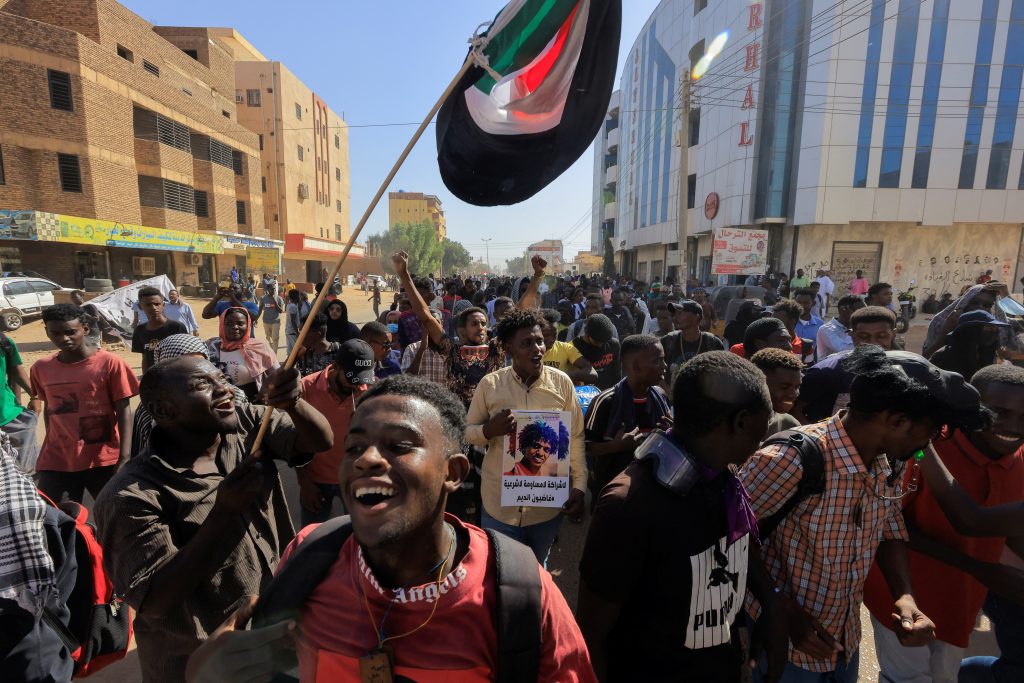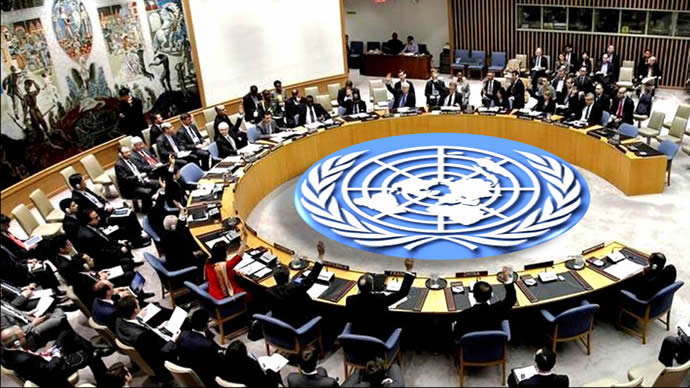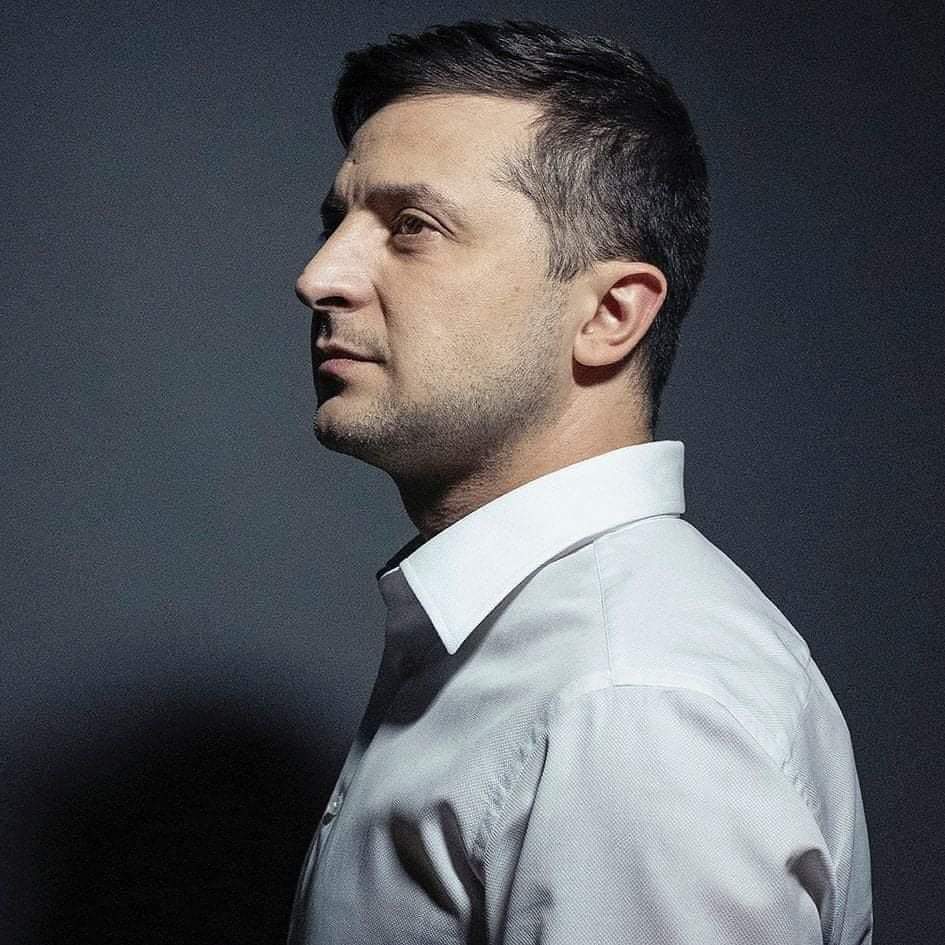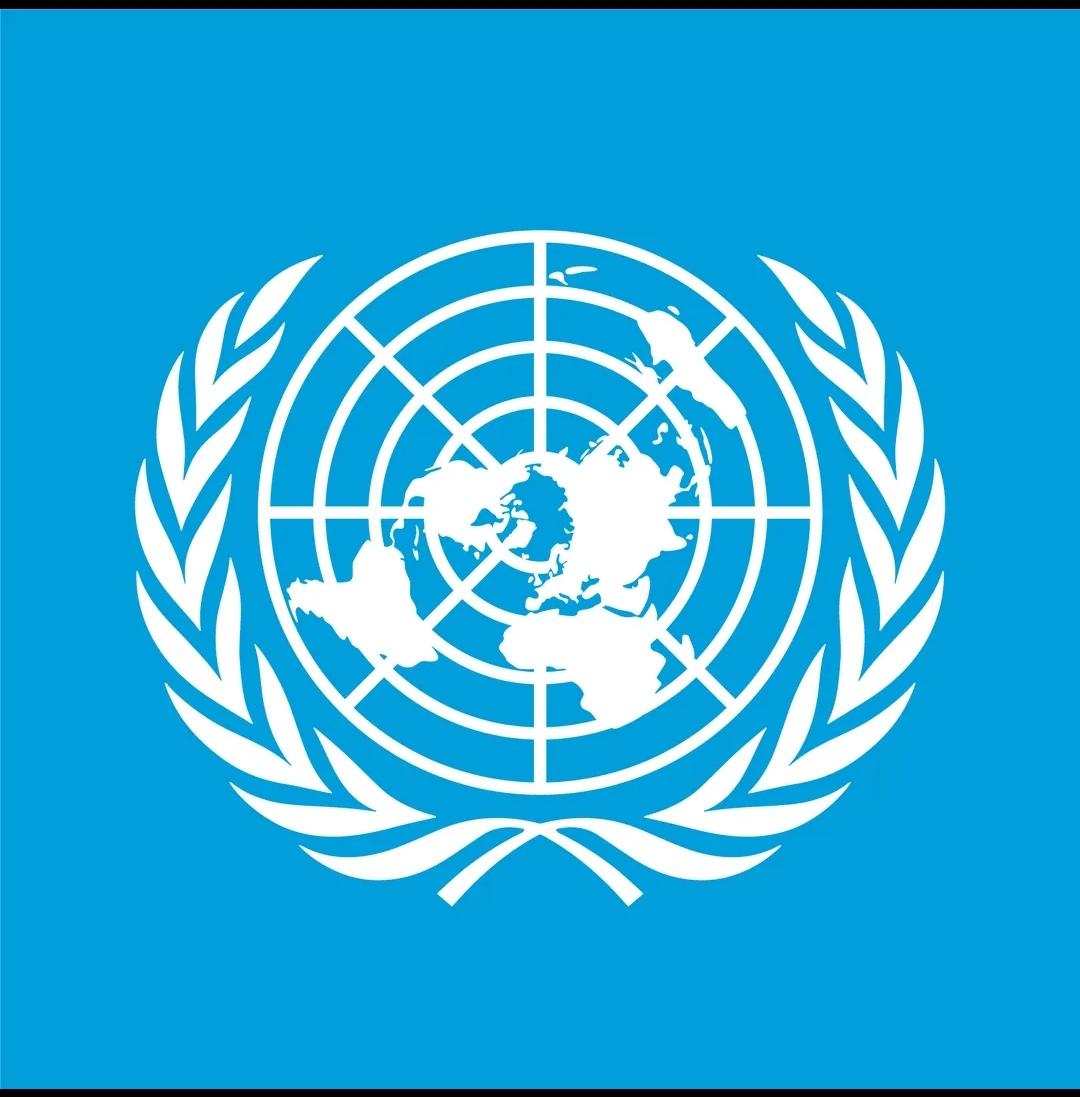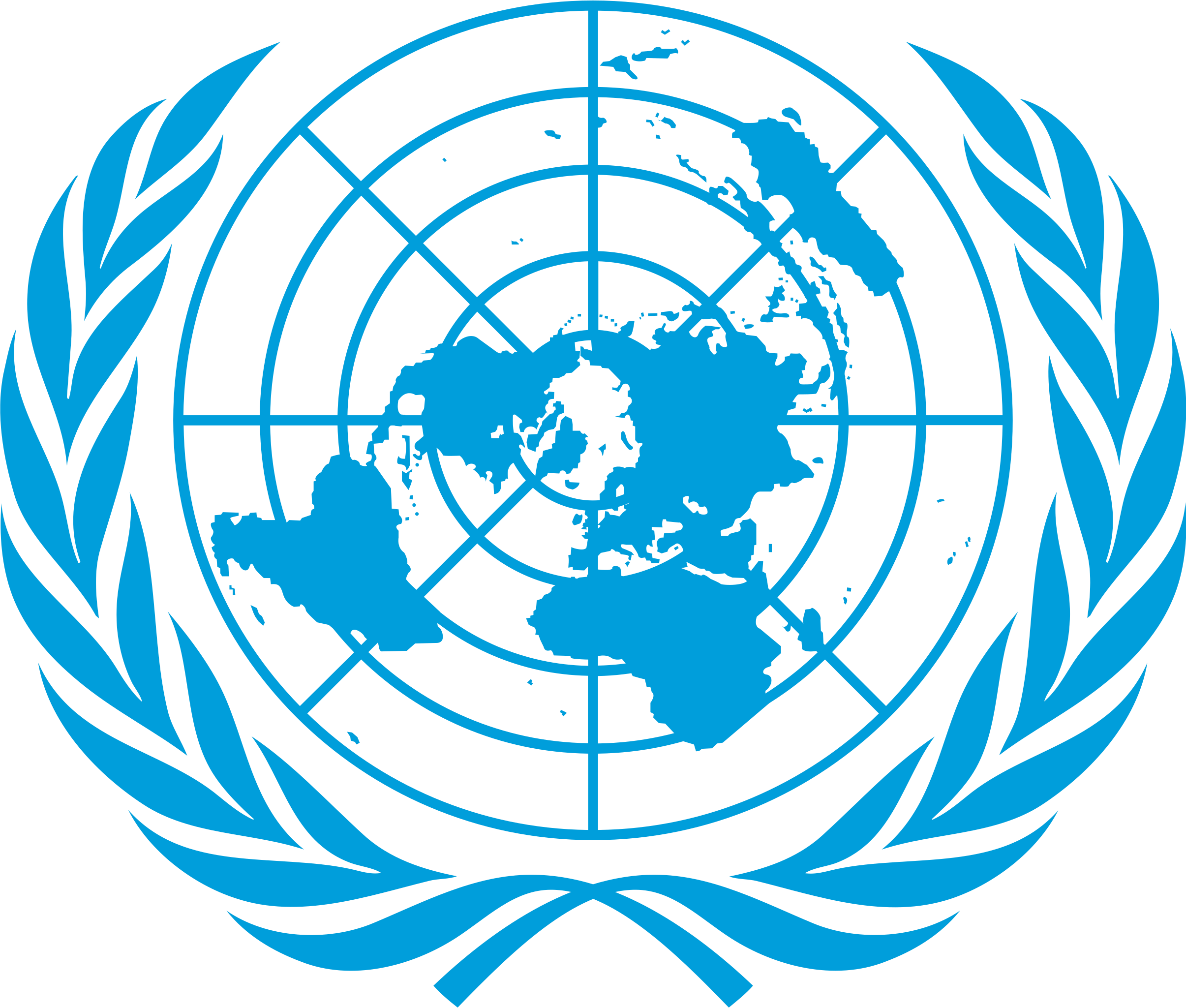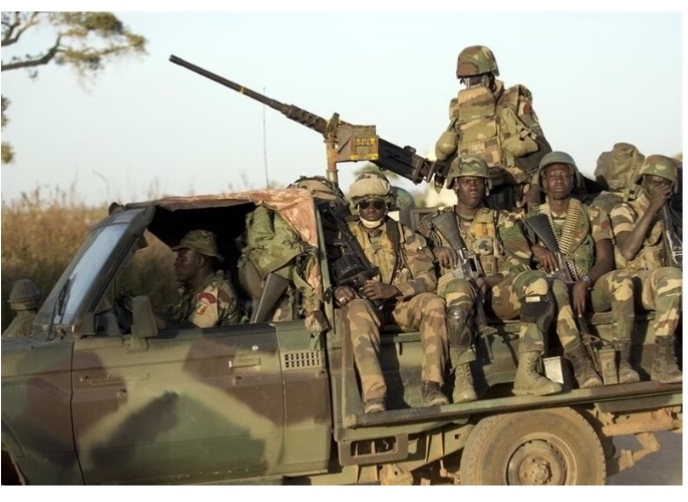Volker Perthes, UN head of mission to Sudan, has resigned three months after being declared “persona non grata” by the government with the country edging closer to full-scale civil war.
Perthes told a meeting of the UN Security Council on Wednesday that it would be his “last briefing in this function” as he urged the military leaders, whom he previously unanimously blamed the conflict on, to “negotiate and implement a cessation of hostilities.”
Perthes told the 15-member council: “I have had the privilege to serve as the UN secretary-general’s special representative for Sudan for more than two and a half years.
“I am grateful to the secretary-general for that opportunity and for his confidence in me, but I have asked him to relieve me of this duty. This will therefore be my last briefing in this function. I wish to thank UN staff in Sudan for their ceaseless engagement and support.”
In May, UN Secretary-General Antonio Guterres rejected a request from Sudan’s military leader Gen. Abdel Fattah Burhan to remove Perthes.
Burhan, who threatened to expel Perthes from the country, reportedly accused the envoy of “being partisan,” claiming his strategy in pre-war talks between the generals and the pro-democracy movement had only aggravated the conflict.
However, having previously rejected Perthes’ request to resign, Guterres recognized Perthes’ “very strong reasons to resign,” stating today that he had to “accept his resignation.”
Members of the council, including the UAE, US, and Malta, regretted Perthes’ departure but applauded his “professionalism and tireless efforts” in the role, with Malta noting that it remained “firm in belief that blaming UN officials does not help.”
US Ambassador to the UN Linda Thomas-Greenfield added: “The threats are unacceptable. Nobody should be allowed to threaten (the) council’s work for peace and stability.”
In summing up the state of conflict, Perthes said that “what started as a conflict between two military formations could be morphing into a full-blown civil war,” expressing particular concern over the mobilisation of former regime elements “advocating a continuation of the war.”
He added that “both sides’ military leaders are needed to negotiate and implement cessation of hostilities, but military leaders should not continue to rule the country.”
Some 7,500 people have been killed since the conflict between Burhan loyalists and fighters of the paramilitary Rapid Military Support Forces led by his former deputy Mohamed Hamdan Dagalo erupted on April 15.
James Kariuki, deputy permanent representative of the UK mission to the UN, urged Burhan and Dagalo to “find peace,” adding that the UK was committed to the Sudanese people.
Speaking after Perthes, Edem Wosornu, director of operations and advocacy at the UN Office for Coordination of Humanitarian Affairs, told the council that the number of displaced people had risen to 5 million, with more than 20 million experiencing food insecurity.
Although 3.2 million had received some form of humanitarian support in the last three months, 18 million had been left wanting as bureaucracy hampered aid efforts, Wosornu noted.
“We call on Sudanese authorities to facilitate aid by removing bureaucratic hurdles. We have been in continuous dialogue with them and are thankful for the 70 visas (issued) in the last two weeks alone but have 240 pending.
“The conflict is expanding, the death toll has increased, and sexual violence raised to exceptional levels. This could be a harbinger of a return to horrors seen in the past,” she added.
Lana Zaki Nusseibeh, the UAE’s permanent representative to the UN, told the council that her country remained steadfast in its support for regional efforts to end the conflict and urged the warring factions to abide by international humanitarian law.
Nusseibeh’s call came amid worrying claims of both sides not only arbitrarily detaining and arresting civilians but also executing them.
“It has been half a year since the outbreak of hostilities and the conditions on the ground and displacement of millions underscores the need to address this situation, and we must explore and coordinate to achieve tangible impact on the ground,” she added.
“The need of Sudanese people must reign above all other considerations. We must act to stop the tearing apart of Sudanese social fabric.”
Even amid the chaos, Nusseibeh pointed to rays of optimism, noting that the UAE had been encouraged by humanitarian efforts undertaken by Sudan’s neighbou rs, and expressed appreciation for the role of the UN mission in Sudan as she encouraged it to continue coordinating humanitarian efforts.
Pointing to the Sudanese people’s “indomitable spirit,” Perthes stressed that the country must not be left to “endure the ghosts of this war indefinitely.”

